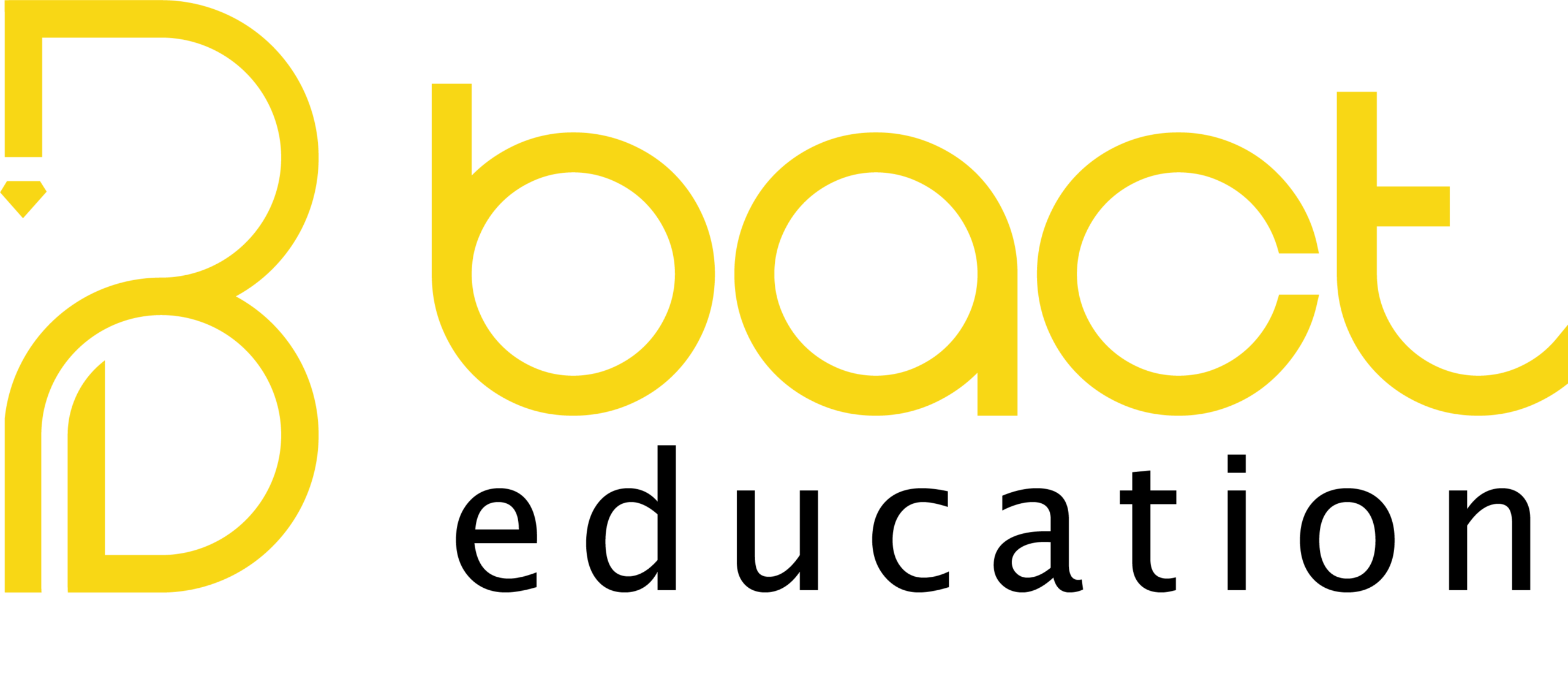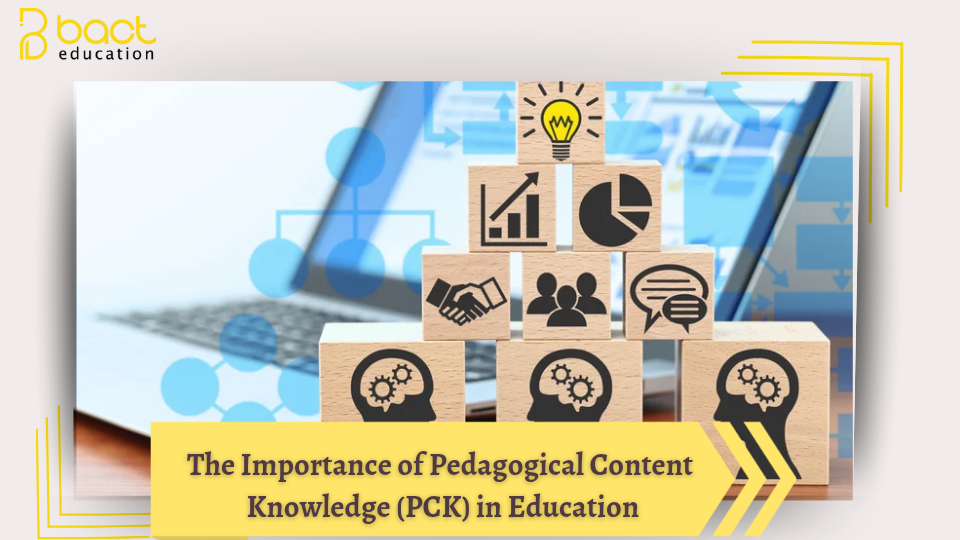The Importance of Pedagogical Content Knowledge (PCK) in Education
In the education field, attention to enhancing teaching efficiency and student learning performance has never been so important, among the many frameworks and theories that have cropped up to guide effective teaching strategies.
Pedagogical Content Knowledge (PCK) is a keystone of instructional quality.
Knowing Pedagogical Content Knowledge (PCK)
Pedagogical Content Knowledge: a term first coined by educator Lee Shulman in the 1980s is the intersection of three essential categories of knowledge:
content knowledge pedagogical knowledge and curriculum knowledge.
-
Content Knowledge: It includes a deep understanding of the subject matter to be taught by teachers It includes both factual information and the underlying concepts of that field.
-
Pedagogical Knowledge: This is general knowledge of various teaching methods, strategies and practices that are used by teachers to facilitate learning, It includes knowledge of how children learn, classroom management, evaluation, and instruction planning.
-
Curriculum Knowledge: This includes knowledge of the curriculum and standards for a given subject area like the scope and sequence of the subject matter to be covered and the benchmarks of student accomplishments.
PCK is the combination of these three types of knowledge that enables teachers to teach subject matter in a manner that effectively communicates with the unique needs and experiences of their students.
The Significance of PCK in Education
-
Supporting Student Comprehension:
Teachers with strong PCK are more able to present difficult ideas in a way that is understandable, engaging, and comprehensible for students.
By realizing the misconceptions that students usually hold about a topic teachers can develop lessons to clarify these misapprehensions leading to a deeper understanding in the end.
-
Facilitating Effective Instruction:
Teachers with well-developed PCK can select and adapt teaching strategies best suited for the content to be taught. The adaptability allows teachers to create dynamic responsive lesson plans that accommodate diverse learning styles so that all students have an equal opportunity for success.
-
Facilitating Student Engagement:
When teachers know both the subject matter and how to teach it effectively they are able to create lessons that are interesting and relevant to students, PCK allows teachers to link the curriculum to everyday applications and this creates a sense of curiosity and motivation among learners.
-
Enhancing Assessment Practices:
Instructors with rich PCK can proficiently create evaluation that not only measures student learning but also offers feedback for instruction. They are able to create formative evaluations to inform their instructional strategies and summative evaluations to actually measure student acquisition of content.
-
Promoting Professional Development:
Constructing PCK is a continuous process of reflection and the honing of practice. Teachers who undergo PCK professional development feel more competent and confident in pedagogical knowledge as well as subject matter, the continuous process is advantageous to teachers and students.
-
Creating a Collaborative Culture:

